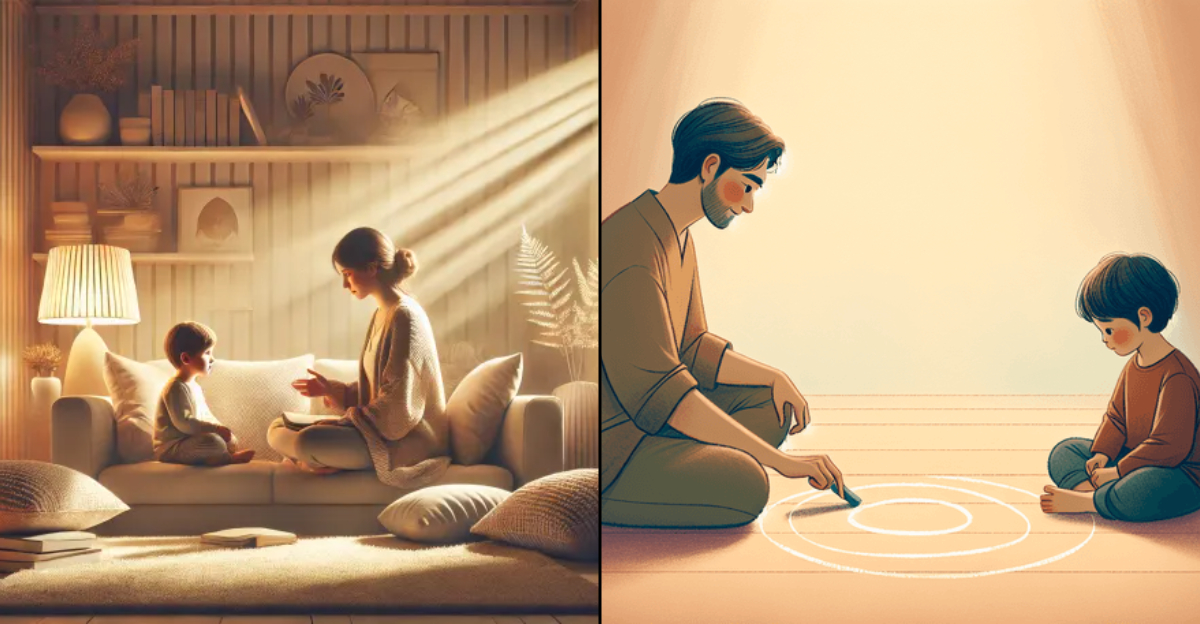17 Reasons Parents Believe Gentle Parenting Spoils Kids, But Experts Say That’s Not True
You know that moment when you’re standing in the grocery store, your kid melting down in the cereal aisle, and you feel every judgmental eye burning a hole through your back? Maybe you’ve heard the whispers: “If you’d just be stricter, your kid wouldn’t act this way.” Or maybe it’s your own mother, hinting that you’re too soft and that’s why your child doesn’t listen.
It’s exhausting, and it makes you question if you’re screwing it all up by trying to do things differently. Gentle parenting gets a bad rap for being too soft. People say it’s the fast-track to a house full of entitled, out-of-control kids.
But experts—and honestly, a lot of parents who go through the long nights and big feelings—will tell you: that’s not even close to the whole story. Here’s what people get wrong, and why the truth is a lot more complicated, honest, and hopeful than the memes suggest.
1. Discipline Doesn’t Disappear
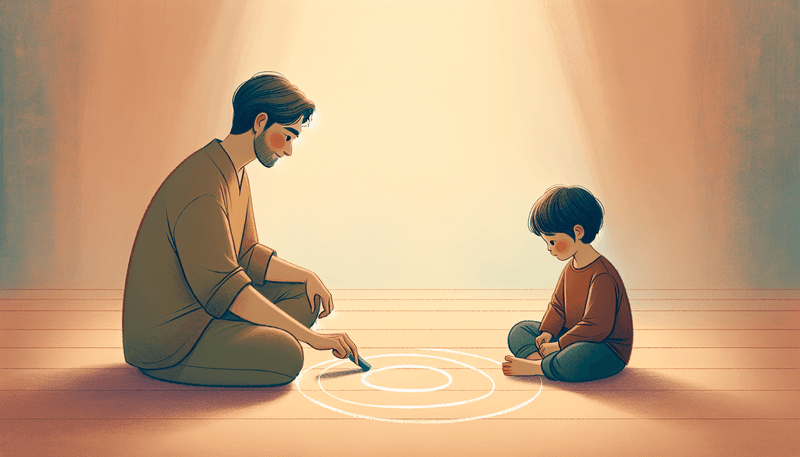
Ever been told you’re too easy on your kid because you don’t send them to their room for every mistake? Here’s the reality: discipline in gentle parenting looks nothing like the punishment most of us grew up with. You don’t let things slide. It’s rather that you teach your kid how to make things right without breaking their spirit.
Picture this: a child accidentally smacks their sibling with a toy. Instead of yelling, you get down on their level and talk it out. You help them see the hurt they caused and brainstorm ways to fix it. That’s not a lack of discipline—it’s intentional guidance with long-term impact.
Experts say healthy boundaries and consequences are the backbone of gentle parenting. The difference? Those boundaries are enforced with respect, not fear. The message isn’t “I control you,” but “I’m here to help you grow.”
2. Boundaries Aren’t Missing
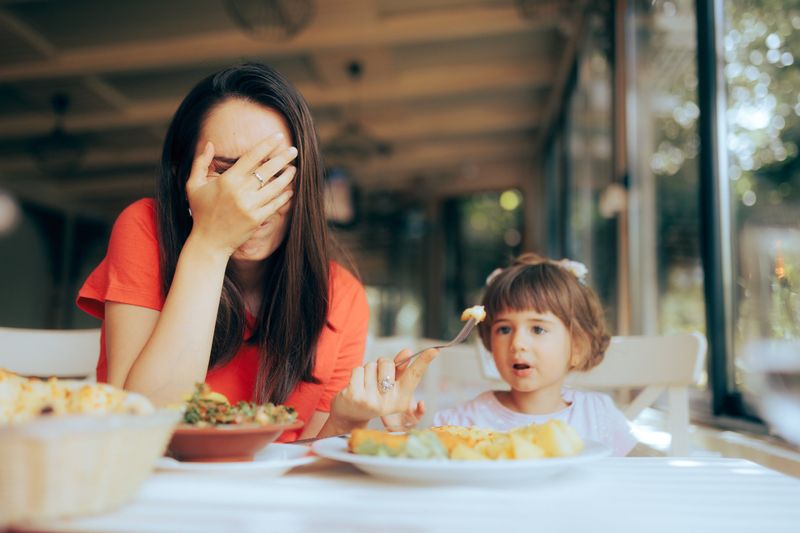
People think gentle parenting means letting kids do whatever they want. They imagine chaos: bedtime ignored, cookies for breakfast, screens all day. But here’s the twist: gentle parenting probably means you set more boundaries—not fewer.
Instead of power struggles, you explain why the rule exists, stick to it with empathy, and actually follow through. Kids know exactly what to expect, which gives them security.
It’s not a free-for-all. It’s structure with heart. And yes, you’ll get pushback—sometimes loud, sometimes dramatic—but the boundaries are still there, steady as ever. The difference is, you’re not using fear or shame to hold the line. You show them the “why” behind the “no,” and that’s what sticks.
3. “No” Still Means “No”

You’ve seen it, right? Someone says, “gentle parents never say no.” That’s just not real life. Kids hear “no”—probably more often than they’d like.
The difference is how it’s delivered. Instead of shouting or threatening, gentle parents say “no” but stick around to help kids handle their disappointment. The word isn’t banned, it’s just not weaponized.
There are times when “no” is non-negotiable—think safety issues, respect for others, or family needs. The trick is using “no” as a teaching moment, not a shutdown. Kids still get boundaries, but they learn self-control, not just obedience.
4. Empathy Isn’t Indulgence

Some people hear “empathy” and think “babying.” Like if you notice your kid’s big feelings, you spoil them. But research keeps showing: when you see your child, when you acknowledge their feelings, those emotions don’t get bigger—they get manageable.
Empathy is not about giving in or ignoring wrong behavior. It’s to help your kid learn what to do with all that hurt, anger, or excitement, instead of stuffing it down or acting it out.
Try this sometime: next tantrum, skip the lecture, just sit with them. You don’t spoil them. You build trust. And that trust? That’s what makes them want to listen to you, even when it’s hard.
5. Kids Don’t Lose Respect for Parents

Ever worry that all this soft talk will make your kid stop taking you seriously? The fear is real—especially if you grew up with “because I said so.” But here’s what’s wild: the more kids feel respected, the more respect they give back.
You’re not handing over authority. You’re modeling it. When you talk to your child like a human, they see what real respect looks like. They learn to listen because they want to, not because they’re scared of what happens if they don’t.
Respect doesn’t come from yelling or demanding it. It comes from showing up. Hold your ground and treat your child as someone whose voice matters. That’s not weakness, that’s connection.
6. Self-Regulation Doesn’t Happen by Magic

Have you ever had people tell you gentle parenting means kids run wild with their emotions? As if you just let them scream until they tire out. The truth? Self-regulation is taught, not handed out with a gold star.
Gentle parents spend time—sometimes more time—to help their kid understand what’s going on inside. Yeah, it’s slower than just yelling, “Calm down!” But it actually works.
When you model calm, talk about feelings, and guide your child through the mess, you build skills for life. The meltdown today is a lesson for tomorrow. That’s not spoiling—that’s groundwork.
7. Entitlement Isn’t a Given

Here’s a spicy take: some people think gentle parenting is a straight shot to raising entitled kids. The assumption is, if you don’t crush their spirit, they’ll expect the world on a silver platter. But kids aren’t dumb—they know when you’re being real.
This way of parenting means kids are taught gratitude, not handed everything. You remind them to appreciate what they have, explain where limits come from, and stick to your guns—even when it’s uncomfortable.
Entitlement doesn’t grow because you listened to their feelings. It grows when kids never hear “no” or always get bailed out from consequences. Gentle doesn’t mean spineless, it means present.
8. Kids Still Face Consequences

Ever had someone roll their eyes and say, “Well, your kid never faces consequences?” That’s just not true. The difference is how those consequences show up.
Instead of punishment, gentle parents guide kids to understand what went wrong and fix it. Broke a vase? Help clean up, apologize, maybe do an extra chore to make up for it.
Natural consequences work better than imposed ones. The lesson sticks because it’s tied to real life, not just fear of losing screen time. It’s accountability, just without humiliation.
9. Respect Isn’t One-Sided
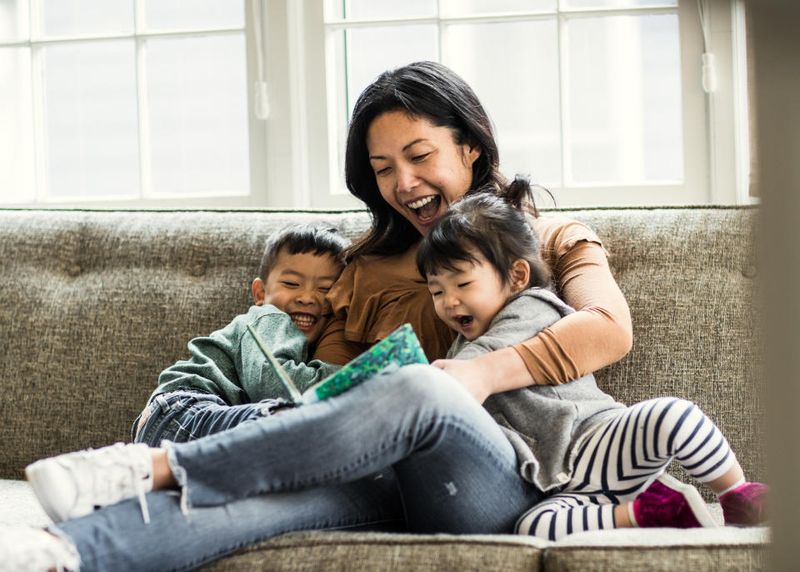
There’s this belief that if you treat kids with respect, they’ll walk all over you. But respect in gentle parenting isn’t a one-way street. It’s reciprocal.
You show your child respect by listening, explaining, and holding boundaries. What you get in return? A kid who feels understood and is more likely to respect you—and others—out in the world.
It’s not about letting them call the shots or ignoring your own needs. It’s about creating a relationship where both voices matter. That’s how you raise kids who respect themselves and everyone else, too.
10. Firmness Isn’t Harshness

Let’s set the record straight: you can be firm without being mean. People hear “gentle” and imagine a pushover. But being gentle isn’t the opposite of being strong.
Sometimes, the hardest thing is to hold a line with kindness. You stick to bedtime, even when your kid tries every trick in the book because you know what they need—sleep, not just another cartoon.
Your child might be mad, might cry, but you stay calm and steady. That’s the kind of strength that builds trust, not fear. And kids can feel the difference.
11. Kids Aren’t Afraid to Fail

Failure isn’t a dirty word in a gentle parent’s house. If anything, it’s encouraged—as weird as that sounds. You want your kid to try, mess up, and try again, because that’s where growth happens.
Some worry that this makes children fragile, afraid to make mistakes or face reality. But the opposite is true. When you support your child through failure, you’re giving them tools to get back up, not just protecting them from falling.
It’s painful to watch. It’s also brave. Resilience doesn’t come from perfection. It comes from safe space to fall apart and start over. Gentle parenting lets that happen.
12. Gentle Parenting Isn’t New

Here’s one people overlook: gentle parenting isn’t some new age trend from Instagram. Versions of it have been around forever—think of grandparents who listened more than they lectured.
Sure, it’s more talked about now, with books and posts everywhere, but the basics—empathy, structure, connection—have always worked. The difference is, parents today talk about it openly and push back against old-school shame.
Fun fact: ancient cultures used storytelling and gentle teaching instead of punishment. So if anything, we’re catching up to old wisdom, not inventing the wheel.
13. It Works for All Ages

People act like gentle parenting only works for toddlers. The truth? Teenagers need it just as much—maybe more. The stakes get higher, the emotions run deeper, and the trust you’ve built matters most.
It means not shutting down big feelings, even when they’re wrapped in sarcasm or slammed doors. You keep the door open for real conversation, not just rules and consequences.
It’s a toolkit, not a phase. It adapts as your kid changes. And when the world feels rough, your teenager knows home is still a safe place to land.
14. Kids Don’t Get Away With Everything

The big myth? Kids of gentle parents get away with unspeakable. But the truth is, it’s not a magic spell for chaos. Kids are expected to pitch in, apologize, and clean up their messes—literal and emotional.
You don’t ignore bad behavior, you address it without shaming. Instead of “Because I said so,” it’s “Let’s talk about why this was a problem and how to fix it.”
That doesn’t mean you’re always patient. But you hold your child to high standards—just without yelling. Accountability still matters, and your kid learns to own up when they fall short.
15. Patience Isn’t Passive
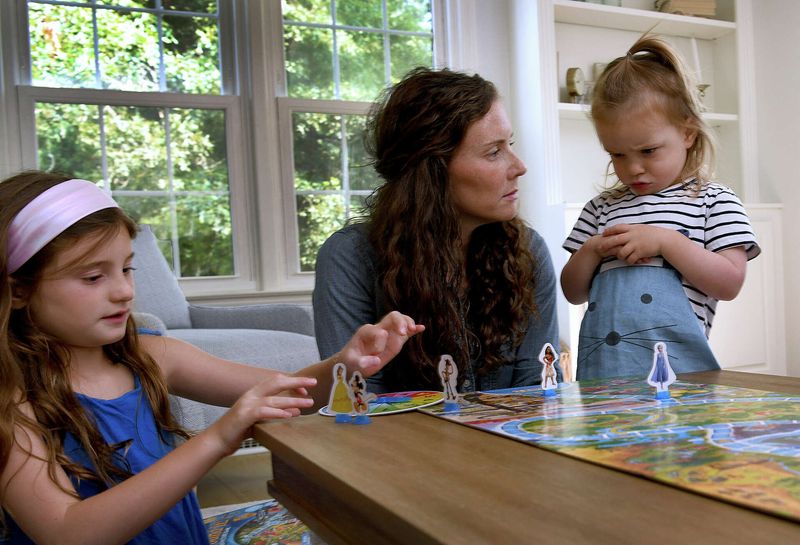
Ever been told you’re too patient, like it’s some kind of flaw? Patience in gentle parenting isn’t about giving up or letting things slide. It’s active—sometimes gritted-teeth, white-knuckle, on-the-verge-of-losing-it active.
You hold space for your kid’s meltdown and wait for the storm to pass, even when every nerve in your body wants to react. You’re doing the hard work of not exploding.
Patience means you’re invested enough to let your kid struggle, process, and come back to the table. It’s hard. It’s also the root of real change—for them and for you.
16. Kids Learn Real-World Skills

Here’s what the critics miss: gentle parenting is not just about feelings. It’s about real-world skills. You teach your child to handle money, chores, relationships, and mistakes with honesty and grit.
When your kid messes up, you walk them through fixing it, instead of rescuing or shaming them. They learn to apologize, rethink choices, and try again. That’s portable—it goes everywhere they go.
The result? Kids who can handle conflict, plan ahead, and stand up for themselves. And they don’t the need for someone to bail them out. That’s the opposite of spoiled.
17. You’re Not Alone—Even If It Feels That Way

Here’s the thing: this way of parenting can feel lonely. You swim against the tide—family, friends, maybe your partner, everybody has opinions. But you are not alone, even if it feels like it at 2AM.
There’s a whole world of parents who want to raise their kids with more kindness and less fear. They’re out there, they connect online, share stories and lift each other up.
If you doubt yourself, reach out. Ask questions, share the hard bits, find your people. Nobody’s perfect at this. But you don’t have to do it in isolation.

